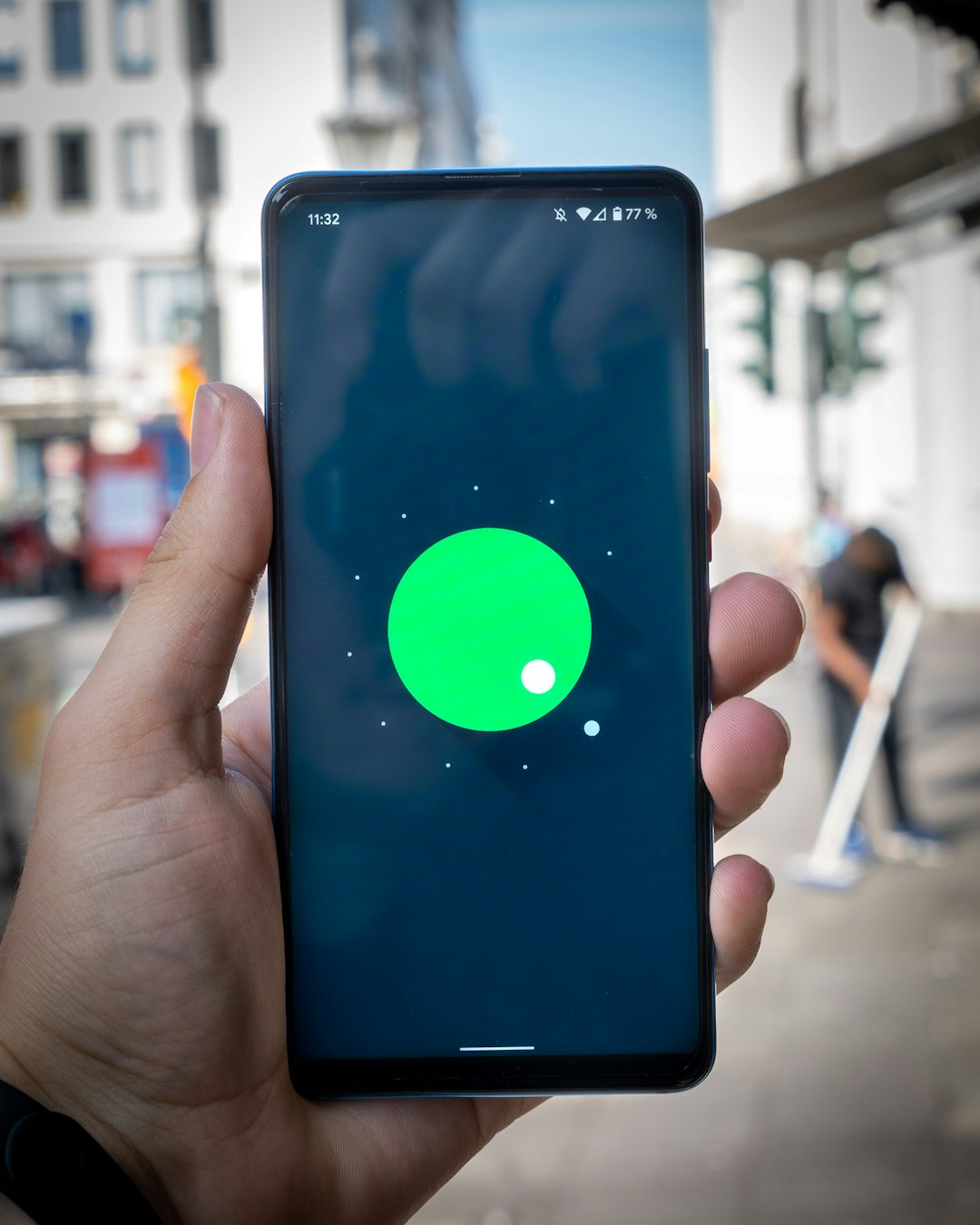In Wisconsin, No Call laws protect residents from excessive political phone calls during elections. A No Call Attorney Wisconsin assists businesses and residents in adhering to these regulations, managing call lists, and reporting violations. Violations should be reported to legal professionals specializing in No Call laws for protection of privacy.
In Wisconsin, election season brings an influx of political calls, but residents are protected by state laws designed to prevent nuisance calls. Understanding and adhering to these “No Call” laws is crucial for maintaining peace during a bustling political landscape. This guide navigates the boundaries and exemptions, offering insights on handling political calls legally. For instances where rights are violated, contacting a No Call Attorney Wisconsin can be a valuable step in protecting one’s privacy.
Understanding Wisconsin's No Call Laws

In Wisconsin, No Call laws are designed to protect residents from unwanted phone calls, especially during election season in Madison. These regulations, enforced by the Wisconsin Department of Commerce, limit the number of telemarketing calls individuals receive, giving them more control over their personal time and privacy. The laws also aim to reduce consumer frustration often associated with persistent and intrusive sales calls.
A No Call Attorney in Wisconsin plays a crucial role in ensuring these laws are respected. They help businesses and organizations comply by managing call lists and monitoring calls made, thereby preventing any violation of residents’ rights. This protection is especially important during high-volume periods like election season, when political campaigns often ramp up their outreach efforts, ensuring Madison residents aren’t overwhelmed by unwanted political phone calls.
Election Season Boundaries and Exemptions

In Wisconsin, election season brings heightened communication between candidates and voters. However, to protect residents from excessive calls, state laws have established clear boundaries. The No Call Laws restrict political phone calls to specific timeframes, primarily during business hours (between 6 a.m. and 9 p.m.). This means that Wisconsin residents can enjoy their evenings and weekends without unsolicited political messages.
There are exemptions to these rules, such as calls from candidates or political parties to registered voters in the same district. Additionally, organizations conducting exit polling and research projects are exempt under certain conditions. If you believe your rights have been violated by a No Call Attorney Wisconsin, it’s advisable to consult with legal professionals specialized in these laws to understand your options and protect your privacy during election season.
How to Handle Political Calls Legally

In Wisconsin, political calls are subject to the state’s “No Call” laws, designed to protect residents from unwanted and excessive campaigning. If you’re on a do-not-call list or have expressed disinterest in receiving political calls, it’s crucial to understand your rights. A No Call Attorney in Wisconsin can guide you on how to handle such situations legally.
When dealing with political callers, remember that you have the right to ask them to stop. If they refuse or continue despite your request, document their contact information and report it to the appropriate authorities. Consulting a legal expert specializing in Wisconsin’s No Call laws, like a No Call Attorney, can help ensure your rights are respected and provide a clear course of action for dealing with persistent political callers.
Seeking Help: When to Contact a No Call Attorney Wisconsin

If you’re a resident of Wisconsin and face unwanted phone calls or text messages during election season, it’s important to know your rights. While Wisconsin’s No Call laws offer significant protection, there are times when legal assistance is required. Contacting a No Call Attorney Wisconsin is advisable if you suspect violations of these laws, especially when the calls persist despite your clear indication of disinterest.
These attorneys specialize in election law and can guide residents through the process of filing complaints with the state’s appropriate authorities. They ensure that your rights are respected and help maintain a fair and peaceful election environment by holding violators accountable for their actions.






